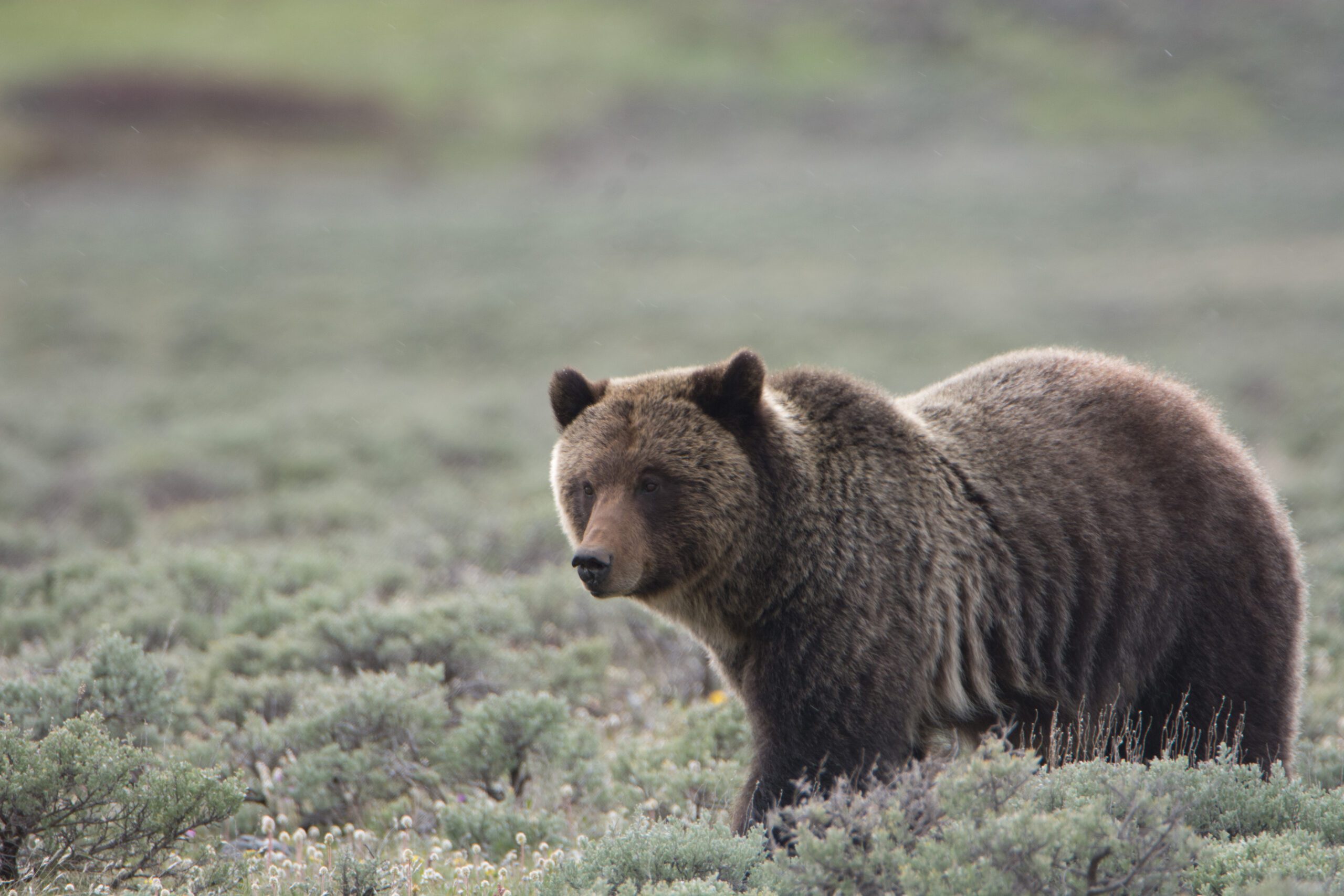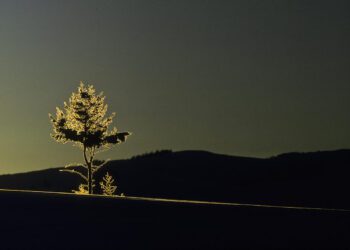Two summer graduate courses from Montana State University will help teachers learn about the organisms and ecology of Yellowstone National Park’s extreme environments, including the Park’s connection to current research in astrobiology.
“Examining Life in Extreme Environments,” will run June 13-17 and will include a day trip to Yellowstone. Students will examine extreme environments and discuss their relationship to the early earth and current astrobiology research. Participants will receive resources and information that will help them discuss the topic within their own classrooms. The course is cross-listed as BIOL 580-03 and CHEM 580-03.
“Thermal Biology in Yellowstone National Park” (LRES 557-01) will run June 20-24 at MSU and will include an overnight trip to Yellowstone. The course will examine the ecology of important organisms common in the park’s thermal habitats, including the physical and chemical habitats that define their environments. Other topics to be covered include fundamental principles of thermal biology; methods of chemical, physical and biological analyses; microbial energy; and biotechnology.
The primary instructor for both courses is MSU chemistry professor John Peters, who is also director of both MSU’s Thermal Biology Institute and the NASA-funded Astrobiology Biogeocatalysis Research Center. The courses are suitable for any K-12 and community college teachers, as well as informal educators such as museum, zoo and science center professionals. Each course offers two MSU graduate credits.
To register for the courses, visit Extended University at eu.montana.edu/credit/ and click on Biology, Chemistry or Land Resources. Phone (406) 994-6550 or toll-free (866) 540-5660 for more information.
Both courses are offered through MSU’s Master’s of Science in Science Education (MSSE) program. Teachers can learn about MSSE at montana.edu/msse or call (406) 994-5679.









